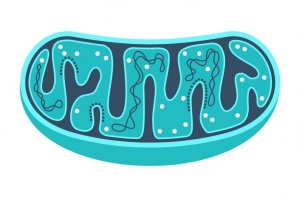Why I chose my degree.
The Oxford dictionary defines Biochemistry as the scientific study of the chemistry of living things, this provides a simplistic and almost bland view of Biochemistry. But, this degree is far from it.
When choosing Universities to study Biochemistry I did a lot of research. A lot. I first read around my subject, reading ‘Power, Sex and Suicide’ by Nick Lane, a whole book on mitochondria, which was just meant to be the powerhouse of the cell right?

Just as Biochemistry is given a simplistic definition, so is many things with in it. Weirdly this is what originally attracted me to Biochemistry. Every year as you progress through school your biochemical defintions were upgraded. Mitochondria went from the powerhouse of the cell to a membrane-bound organelle responsible for generating large amounts of energy in the form of Adenosine Triose Phosphate.
And at University this upgrade is endless. I chose the University of Southampton specifically as it was the only course with a wide range and variety of Neuroscience optional modules to take alongside Biochemistry.
So why did I not take Neuroscience?
Neuroscience to me seemed far to niche, my want to focus on the chemical reactions in the brain relied on a deeper understanding of the processes that are underdone on a molecular level in places other than the brain – I also sucked at anatomy recall.
University of Southampton provided modules such as:
- Neurodegenerative diseases
- Neuropharmacology of CNS disorders
- Neural basis of behaviour
- Neuroscience
This initially was why I chose Southampton, with the idea of being a NeuroBiochemist. However, here I am in an engineering replacement body parts module exploring all possible options within Biochemistry.
So, overall Biochemistry has provided a broad scope of science with the ability to narrow and select areas of particular interest.